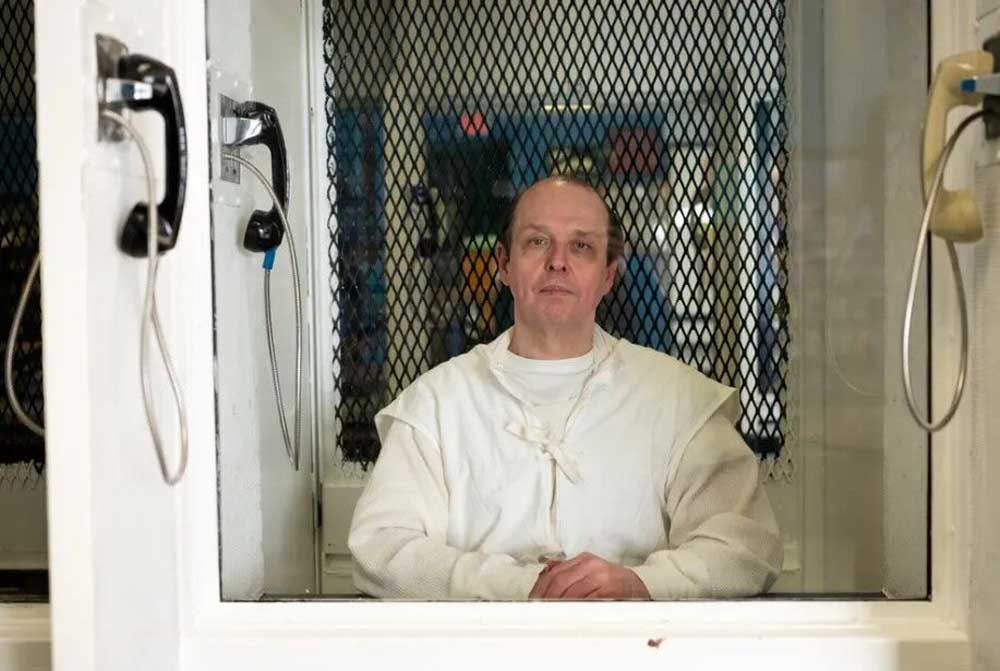‘Medicare for all’ plan is a disaster
Published 9:04 pm Wednesday, January 20, 2016
Sen. Bernie Sanders’ universal health care plan offers nearly everything – health care without deductibles or copays, lower costs, coverage for all conditions and coverage of dental, vision and mental health needs.
What it doesn’t offer is a choice. To work, Sanders’ universal plan would require complete a buy-in from the American public – and the outlawing of all private health insurance.
Trending
That’s implied in his website outline of the plan. Part of the way he proposed to pay for the system is by eliminating the “tax break” people receive for buying their health insurance.
“Most importantly, health care provided by employers is compensation that is not subject to payroll taxes or income taxes under current law,” Sanders wrote. “This is a significant tax break that would effectively disappear under this plan because all Americans would receive health care through the new single-payer program instead of employer-based health care.”
To repeat, “all Americans would receive health care through the new single-payer program.”
In its analysis, Forbes magazine pointed out, “The plan would effectively abolish the private health insurance industry, including companies like UnitedHealth Group, Aetna and Anthem.”
Futhermore, “It would charge the government with designing and administering a universal, comprehensive insurance product that would cover ‘the entire continuum of health care, from inpatient to outpatient care; preventive to emergency care; primary care to specialty care, including long-term and palliative care; vision, hearing and oral health care; mental health and substance abuse services; as well as prescription medications, medical equipment, supplies, diagnostics and treatments.'”
That’s not just revolutionary, it’s radical. Even Canada has a two-tier system. Its public system, also called Medicare, exists alongside a private-sector insurance system. Unlike Sanders’ plan, Canada doesn’t outlaw private insurance. Canadians who choose to buy private insurance and seek privatized care are free to do so.
Trending
In fact, Sanders’ plan looks nothing like our Medicare, which is, in fact, a two-tier system that includes premiums and copays and allows private supplementary insurance. His “Medicare for All” title for the plan is a misnomer.
There are some other disturbing implications in Sanders’ plan.
The first is the reality of rationing. The plan offers everything to everyone (even illegal immigrants), for free. That would mean demand will skyrocket, while the supply – health care professionals who now find themselves cogs in the government system – will inevitably dwindle.
Did we say free? That’s not exactly true. To Sanders’ credit, he’s very upfront about the cost of his plan. It won’t be cheap.
“This plan has been estimated to cost $1.38 trillion per year,” he wrote.
To pay for it, he would institute a whole series of tax hikes, beginning with a 6.2 percent payroll tax increase for all workers. He would increase marginal tax rates and limit deductions.
All of this adds up to a pretty significant hit on those middle class families he said he’s championing.
Of course, even Sanders knows this plan – like many of his others – would be dead on arrival in Congress.
But Americans watching the primaries play out should realize how radical Sanders’ ideas are.







